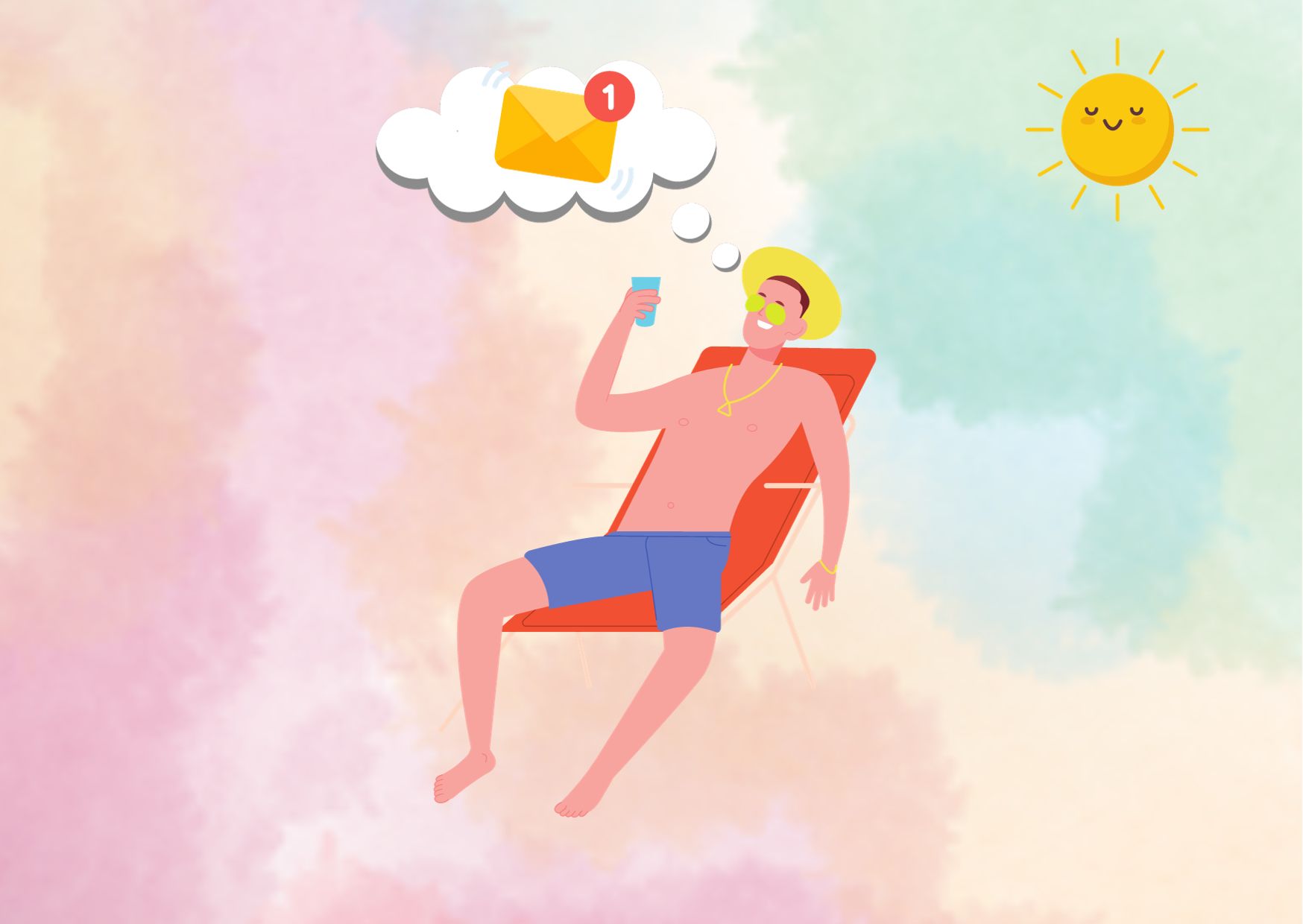Should You Check Email on Vacations? The Impact on Work-Life Balance and Mental Health
Introduction
In today’s fast-paced and hyper-connected world, the line between work and personal life has become increasingly blurred. With the advent of technology, we have constant access to our work emails, making it tempting to check them even when we’re supposed to be taking a break on vacation. However, this habit can have detrimental effects on both work-life balance and mental health. In this article, we will explore the impact of checking email on vacations and discuss the importance of disconnecting from work for overall well-being.
The Pressure to Stay Connected
One of the main reasons people feel compelled to check their work emails on vacation is the fear of missing out or falling behind. In today’s competitive work environment, the pressure to always be available and responsive can be overwhelming. Many individuals worry that if they disconnect from work, they will be seen as less dedicated or indispensable. This fear often leads to a constant need to stay connected, even during time off.
Should You Check Email on Vacations?
The Downside of Checking Email on Vacations
While it may seem harmless to check email on vacations, the reality is that it can have significant negative consequences. Here are some of the downsides of this habit:
- Increased Stress and Burnout
Checking work emails during vacation disrupts the much-needed opportunity to relax and recharge. Constantly being connected to work can keep the mind in a state of high alert, leading to increased stress and burnout. This constant state of work-related stress can have long-term effects on mental and physical health.
- Disrupted Work-Life Balance
Vacations are meant to provide a break from work and allow individuals to focus on personal life and well-being. However, checking work emails blurs the boundaries between work and personal life, making it difficult to fully disconnect and enjoy time off. This disruption in work-life balance can lead to decreased satisfaction in both areas.
- Missed Opportunities for Growth and Creativity
Taking time away from work allows for new perspectives, creative thinking, and personal growth. By constantly checking work emails, individuals miss out on these opportunities to expand their horizons and come back to work with fresh ideas and renewed energy.
- Impact on Relationships and Personal Time
Checking work emails on vacation can also have a negative impact on personal relationships and quality time spent with loved ones. Constantly being preoccupied with work can prevent individuals from fully engaging in leisure activities and meaningful interactions with family and friends.
Suggestion for read: How To Keep Work-Life Balance while working from home
